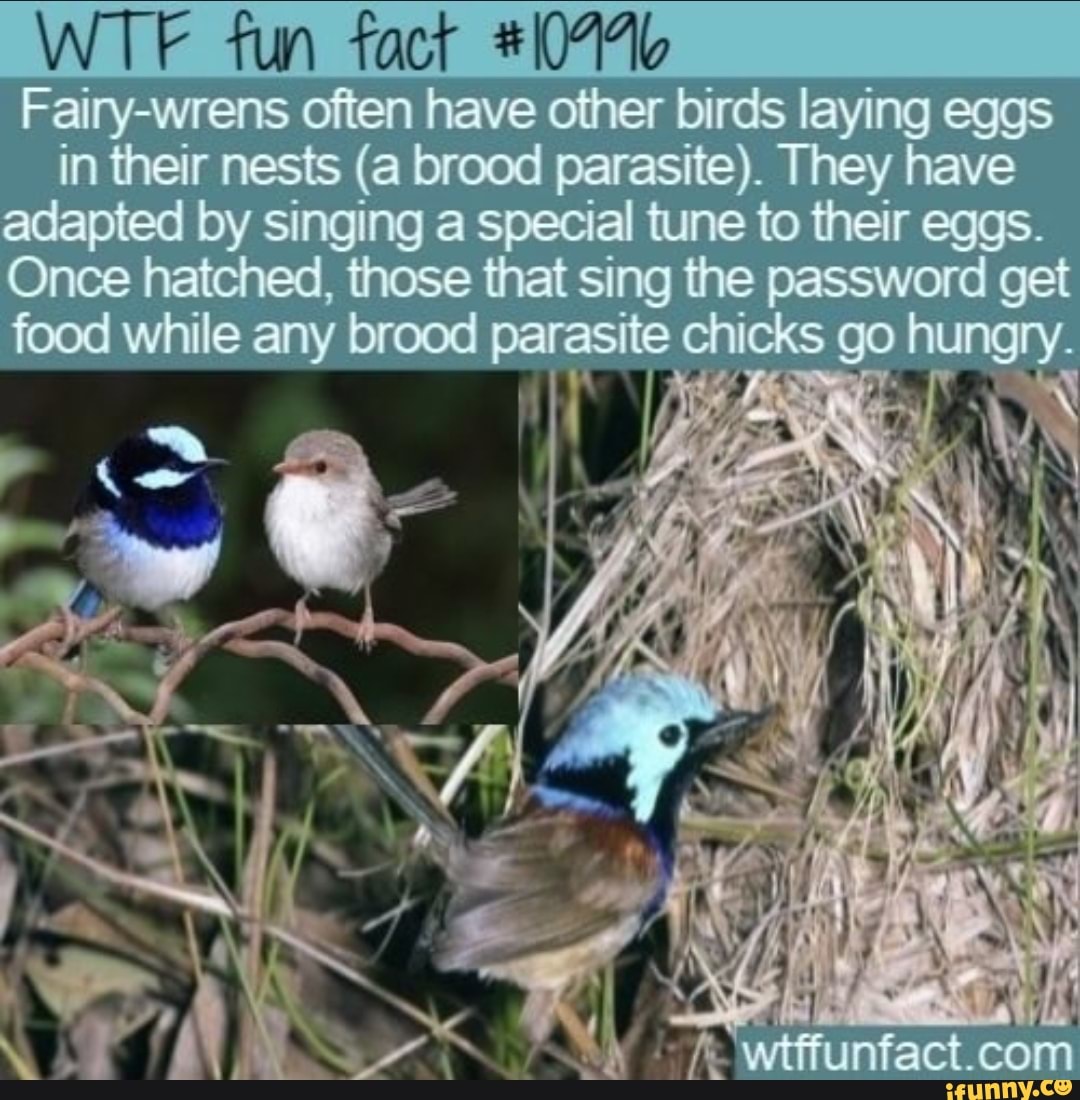

In some cases, CBP is directly advantageous for the host, and it may sometimes evolve in close connection with cooperative breeding, which is also considered in the model. When costs are higher, parasitism of unrelated hosts may be better, and if host resistance strongly reduces parasite success, solitary breeding is preferable.


For these reasons, host‐parasite relatedness is most likely to occur in animals where costs of being parasitized are low and host resistance can markedly reduce the success of an unrelated parasite. This requires that the reduction in parasite success that a host can cause by resistance is not too large otherwise, it will be better for the secondary female to parasitize an accepting related host or to nest solitarily. The secondary female may still have higher fitness from parasitism, but if the costs are high, she should parasitize an unrelated host, not a relative. Therefore, if these costs are high, it does not benefit a host to accept a parasite, even if the parasite is closely related. The cost of parasitism in terms of reduced clutch size or offspring survival for the host must not be large otherwise, parasitism will reduce her inclusive fitness. Crucial assumptions are that there is kin discrimination and a potential for host resistance to parasitism by unrelated females but close relatives are accepted. This inclusive‐fitness model of parasitism, structured as a game between host and parasite, suggests that both females can gain inclusive fitness and that host‐parasite relatedness can therefore facilitate the evolution of CBP.
Brood parasite game movie#
In species where local females are related, direct costs for the host might be more than compensated for by gains in inclusive fitness through increased reproduction of a related parasite, but the role of relatedness in CBP is debated. Vivarium (2019) is a sci-fi horror movie that is obviously inspired by Village of the Damned (1960), regardless of whether or not filmmakers Lorcan Finnegan and Garret Shanely are explicitly aware of it. The host female raises the offspring of the parasitic female as well as her own. Additionally, these highly consistent patterns highlight the important role that ecological uncertainty is likely to play in shaping the evolution of specialisation and generalism in complex interspecific relationships.Abstract: In conspecific brood parasitism (CBP), a parasitic female takes advantage of the parental care performed by a host female by laying eggs in the nest of the host. Our findings are consistent with the theoretical expectation that ecological risks and environmental unpredictability should favour the evolution of bet-hedging. Here, we use phylogenetically-informed analyses and a comprehensive dataset on the behaviour and geographic distribution of obligate avian brood parasites and their hosts to demonstrate that increasing uncertainty in thermoregulation and parental investment of parasitic young are positively associated with host richness and diversity. Obligate avian brood parasites provide a particularly tractable system for understanding how uncertainty, driven by environmental variability and symbiont phenology, influences the evolution of species interactions.

Adaptive responses to ecological uncertainty may affect the dynamics of interspecific interactions and shape the course of evolution within symbioses.


 0 kommentar(er)
0 kommentar(er)
